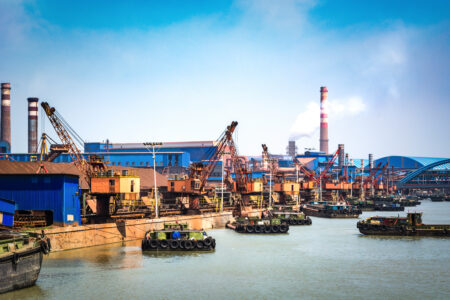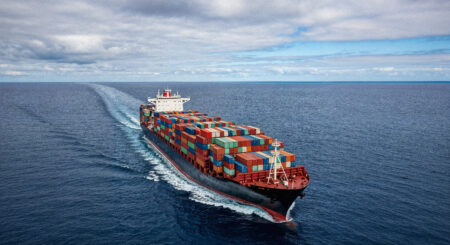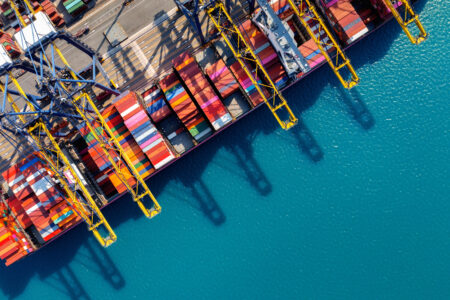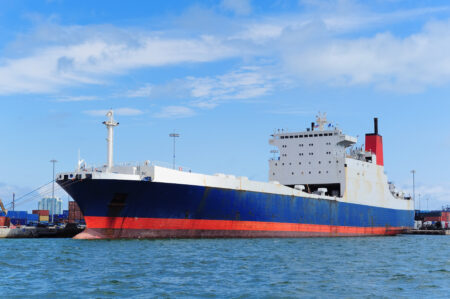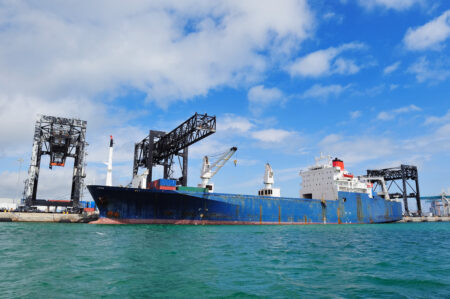Maersk ends shipping to Israeli settlements after pressure from rights groups over complicity in Palestinian abuses.
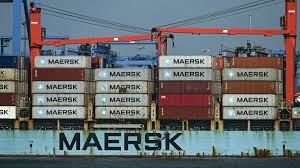
In a move that has sent ripples through the global shipping and logistics industry, Danish shipping giant Maersk has confirmed it will halt transport services involving Israeli settlements in the occupied West Bank, following increased pressure from human rights groups and shareholders.
In a statement released Wednesday on its official site, Maersk said it had “tightened screening procedures” around shipments to and from the settlements after a recent internal review. While the company stopped short of naming the businesses affected, it clarified that the decision targets transport activity only, not general business with companies listed in the UN’s OHCHR (Office of the High Commissioner for Human Rights) database.
“This is not about cutting ties with companies altogether,” Maersk stated, “but specifically about avoiding shipment routes connected to settlements.”
Shareholder push and youth-led campaigns
The announcement follows sustained pressure from groups such as the Palestinian Youth Movement (PYM), which accused Maersk of indirectly supporting what it called “Israel’s genocidal campaign” against Palestinians, including the alleged shipment of weapons components.
At Maersk’s recent annual general meeting, shareholders had also voted to review the company’s involvement in arms-related shipments destined for Israeli-occupied territories.
In response to Maersk’s decision, PYM called it a “step toward dismantling complicity in occupation and apartheid.”
Spokeswoman Aisha Nizar welcomed the development but urged the company to go further. “Maersk still profits from our people’s suffering — including the shipment of F-35 components used in bombings,” she said. “Our campaign won’t stop until all military ties are cut.”
Wider impact and industry response
Earlier this year, Spain banned Maersk vessels carrying military cargo to Israel from docking at its ports, and activists revealed how the port of Rotterdam had been used in what they called a “supply chain of death.”
Maersk, in previous responses, maintained that it does not transport arms or ammunition to active conflict zones and follows strict due diligence policies.
Still, rights groups argue that supply chains involving dual-use items or military contractors blur the lines. They have now turned their attention to other logistics giants, calling on them to review their roles in alleged violations tied to Israeli settlement expansion and the broader conflict in the region.
Global shipping at a crossroads
The move puts Maersk at the centre of a wider conversation around ethical supply chains, international law, and the role of private corporations in conflict zones. As scrutiny intensifies, more companies may soon face similar calls to review operations linked to disputed territories or military uses.
For now, Maersk’s decision is being watched closely—as a possible inflection point in how global logistics firms navigate the intersection of commerce, compliance, and conscience.
Source: Al Jazeera






